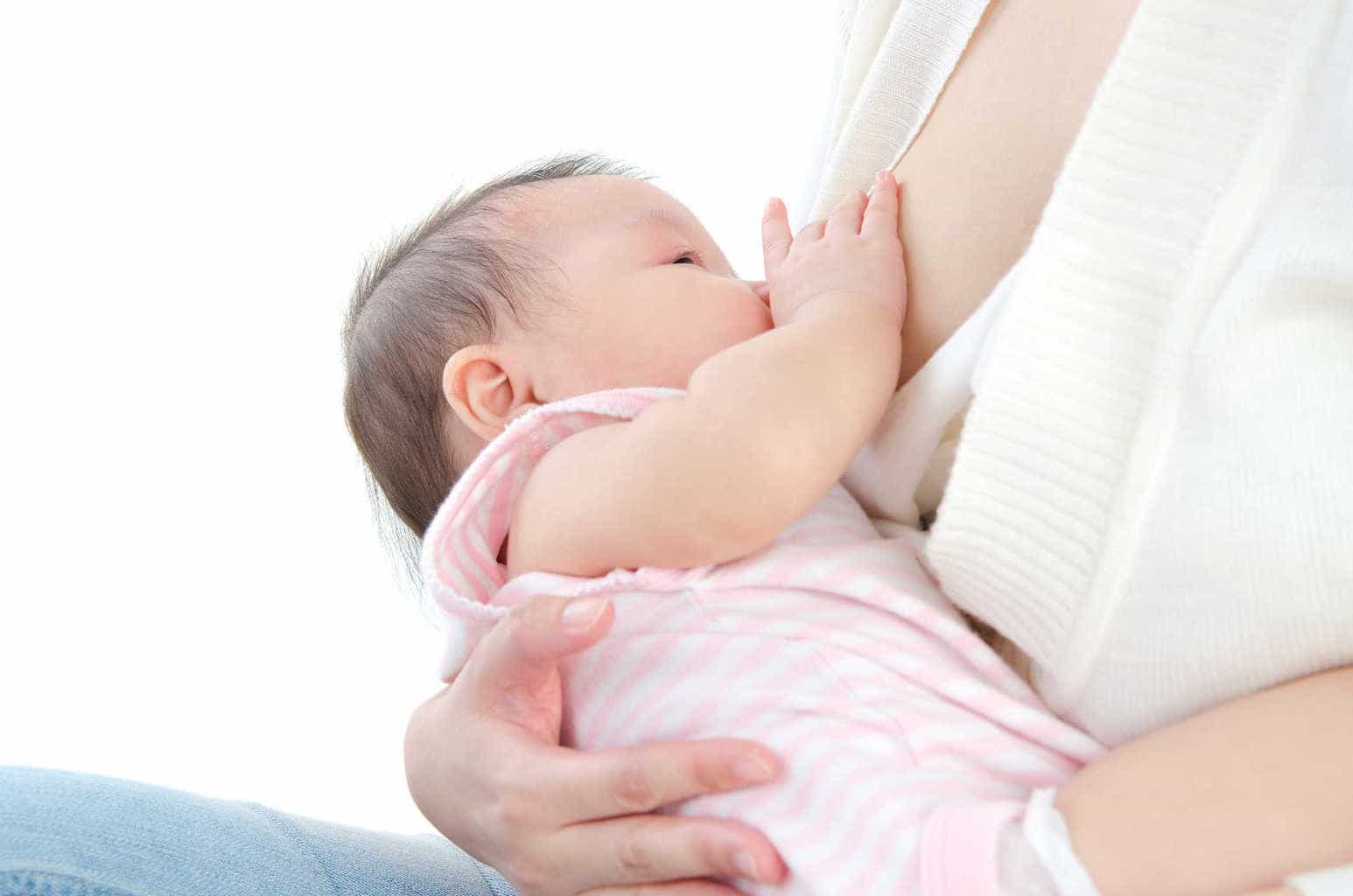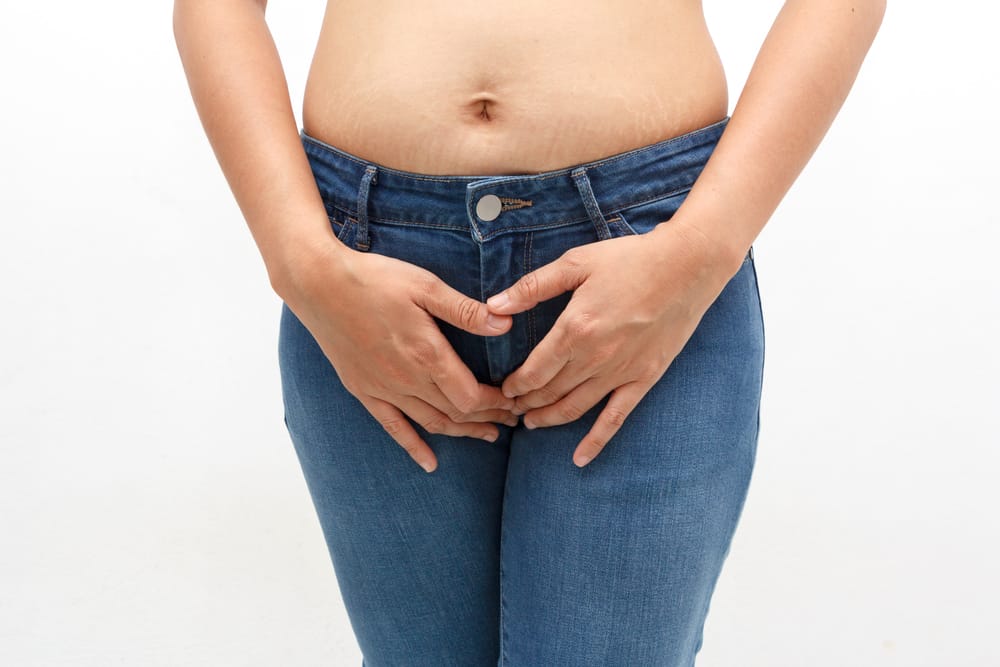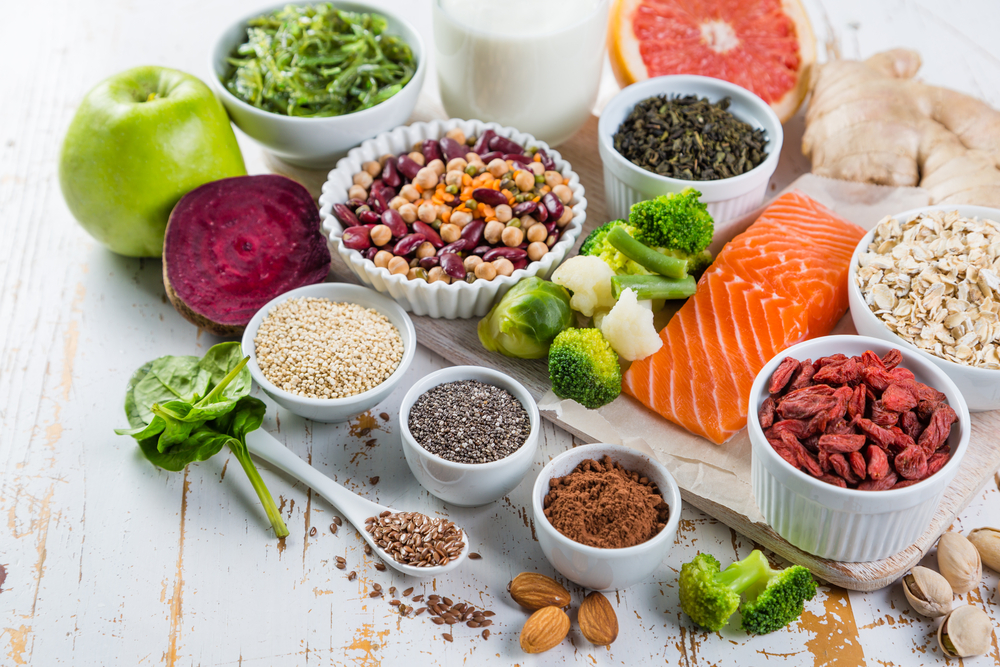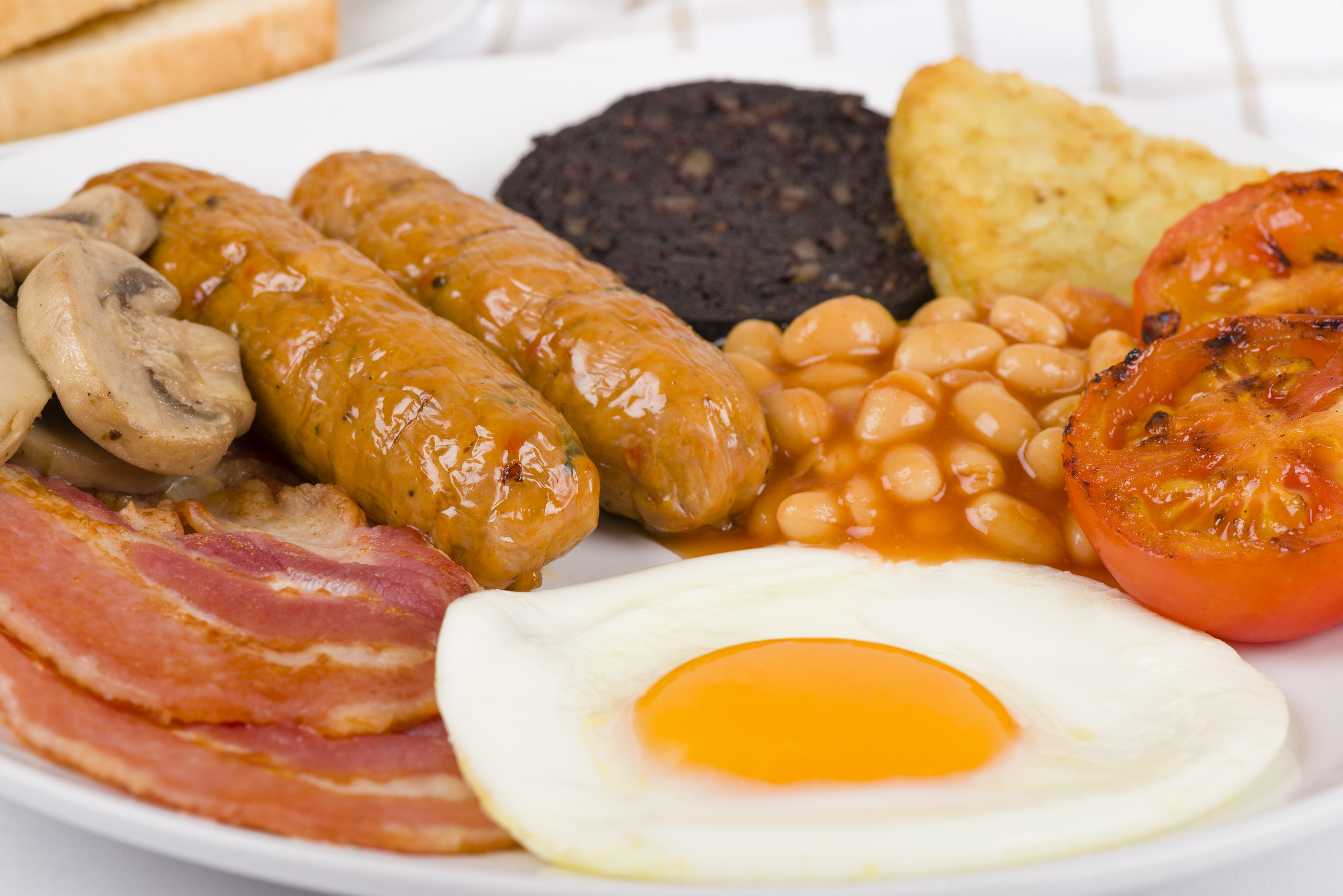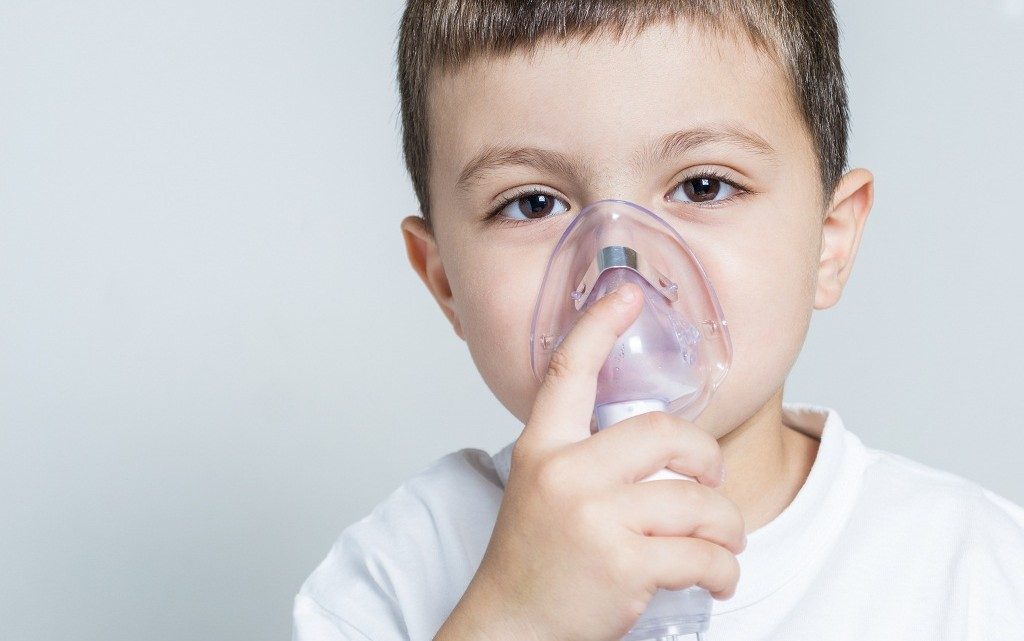Contents:
Medical Video: WHAT CAUSES PAIN WHILE BREASTFEEDING?
Breastfeeding young women may have healthier arteries over the next few years, compared to mothers who gave bottle milk babies, according to the new study.
It has long been reported that breastfeeding is the healthiest choice for babies. But apparently, breastfeeding is also good for the mother.
Studies show: more than 800 US women who give birth at least once, who breastfeed for longer periods of time, have a smaller chance of experiencing thickening of the arterial wall when they reach middle age.
The carotid arteries drain blood to the heart, and thickening of the arterial wall is thought to be an early sign of atherosclerosis, or a buildup of "plaque" arterial blockage which can result in a heart attack or stroke.
Thickening of the arterial wall can be seen as vascular aging. In this study, women with the largest arterial wall thickening were mainly 3-5 years older - in relation to blood vessel health.
However, there are still questions: Is this really caused by breastfeeding?
This is an interesting study. What is clear is that there is a connection between breastfeeding and thickening of the arterial wall, but the meaning is not so certain.
Researchers show that breastfeeding women, especially for longer periods of time, are generally slimmer, more educated, and more physically active - both in the young adult period and 20 years later.
The researchers accounted for these factors, and still found a statistical relationship between breastfeeding and thickening of the arterial wall. However, it is difficult to conclude that breastfeeding is the direct cause.
The findings were based on 846 breastfeeding women who, in the 1980s, attended long-term cardiovascular health studies. They were between 18 and 30 years old at that time. All women underwent carotid artery ultrasound 20 years after participating in the study.
Women who have breastfed for a month, or not at all, on average have thicker arterial walls. Women who breastfeed for 10 months or more have the clearest arteries.
Researchers agree that the findings only show a relationship rather than definite causation, but suspect that breastfeeding might be beneficial in body weight and blood pressure: When the research team calculated middle-aged participants' body weight and blood pressure, this adequately explained the relationship between breastfeeding and arterial health.
"The results are consistent with what we expected," the researcher said. When women breastfeed, the body releases the hormone oxytocin, which other researchers have linked to lower blood pressure.
Pregnancy is a very pressing physiological process, especially in the cardiovascular system and metabolism. Breastfeeding may help "rearrange" the system after pregnancy.
However, the biggest question is whether breastfeeding women actually have a lower chance of having a heart attack and other cardiovascular problems. Researchers still have to continue to follow this study group to find the answer. Meanwhile, because breast milk is considered the best nutrition for babies, mothers have had reasons for breastfeeding. The potential long-term benefits for the heart may only offer "more motivation".
Researchers emphasize that women should not feel guilty if they do not breastfeed. Some women cannot, because of the demands of work. Other women have difficulty breastfeeding - in this case, they can ask for help from a health care provider.
There are many ways for women of all ages to improve heart health, such as eating healthy foods, exercising regularly and not smoking.

